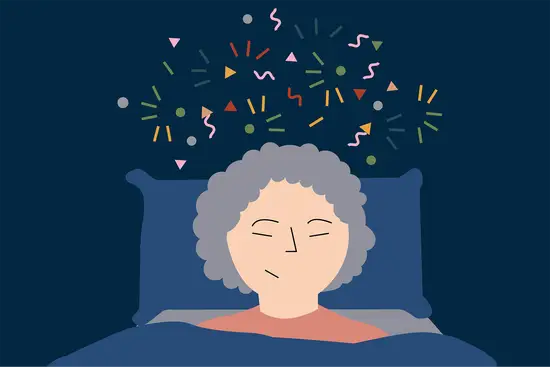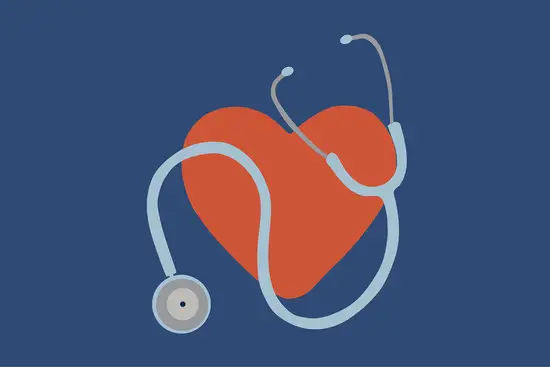We don’t want you worrying about your sleep on top of everything else. This guide outlines some very effective, tried and tested changes that are quite easy to implement. We hope that you will find the advice in this guide helpful.
If you’re very worried about your sleep, especially if you were sleeping badly before this crisis, we are able to provide further help. This support is free for civil servants, NHS staff and key workers, and NHS patients living in certain areas of the UK. If none of those options apply to you, you can find out about other available options by answering some questions here.
Maybe you were sleeping well before this crisis, but are struggling with sleep now. What you’re experiencing is a normal reaction to what’s happening and your sleep could be fixed fairly easily.
During this difficult time, it’s perfectly natural to feel anxious. We’re in a scary situation. It’s hard to sleep when we’re anxious and this is quite normal. If there is something to worry about, it makes much more sense for us to be awake so that we can respond to the problem. This is a natural, protective response. We remain alert when we feel under threat, to protect us from danger. It wouldn’t, for example, make sense to be asleep if there was a wolf in our bedroom.
However, COVID-19 isn’t a wolf that could creep up on us in the night, and being awake isn’t going to help us fight it. In fact, losing sleep is probably going to have the opposite effect. If you’re struggling to sleep at the moment, the advice in this guide can help you sleep better.

Small changes can make big differences
This guide has been prepared by Dr Neil Stanley, our Director of Sleep Science. Neil has been involved in sleep research for 39 years and he has published 38 peer-review papers. He’s spent decades studying sleep and knows that the small things really do matter. And making a few small changes could make a big difference to how well you sleep.
Get some sunlight
Try to spend at least 30 minutes each day in natural sunlight.
- Exposure to sunlight, especially morning light, improves sleep.
- We get Vitamin D from sunlight and certain foods.
- Vitamin D can help protect against acute respiratory infections1.
Vitamin D helps us absorb calcium which is a critical mineral in the formation of strong bones. Significantly, there is also data which shows that adequate Vitamin D levels can help protect against acute respiratory infections.
More than 90% of the Vitamin D requirement for most people comes from casual exposure to sunlight2. We cannot photosynthesise Vitamin D if we’re indoors, so sitting beside a sunny window won’t work.
Our food can also be an important source of Vitamin D, especially if we are unable to get outside.
Foods that contain Vitamin D include: oily fish such as salmon, sardines, pilchards, trout, herring and kippers and also cod liver oil, egg yolk, meat, offal and milk. Some foods, such as certain breakfast cereals, are also fortified with Vitamin D.
If you’re a shift worker, then you might be a little restricted. However, it is essential for good physical, mental and emotional health that you get some outdoor exposure to daylight or eat foods that contain Vitamin D.
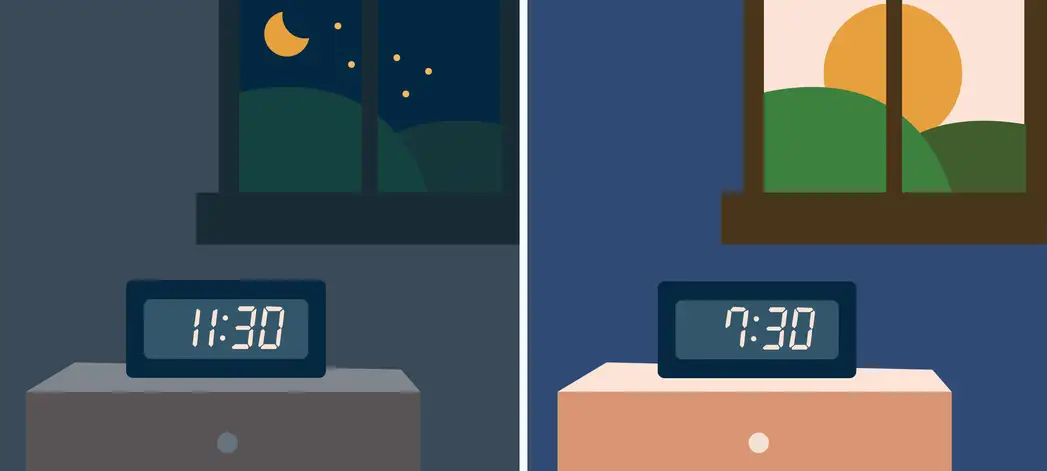
Try to maintain a routine, if possible
We understand that this might be the hardest thing to do, given that many of the measures being introduced in response to this crisis won’t be under our control. However, you can improve your sleep and reduce anxious feelings by:
- getting up at the same time each day (if you’re not working variable shifts)
- exercising regularly (pick something you enjoy)
- making sure to get outside in the daylight each day (while maintaining a good distance from others)
The body craves consistency and having a regular wake up time can improve sleep. This is because the body actually starts preparing to wake up about one hour before you actually wake. When we get up at different times each day, the body doesn’t know when to prepare for wake and, when we are awakened unexpectedly, this can cause that groggy feeling in the morning.
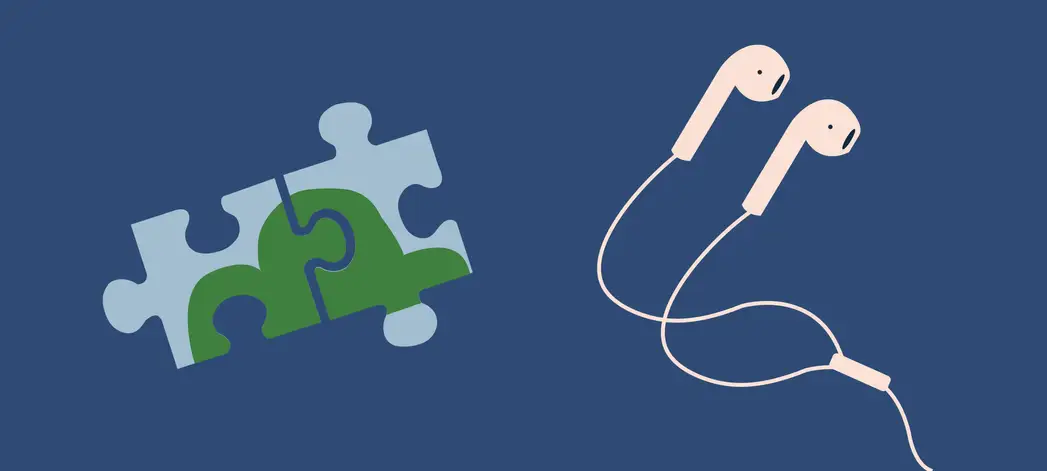
Quiet your mind
A quiet mind is key to falling asleep. Anything that helps you achieve a quiet mind will help you sleep. Sleep is a very individual thing – if something helps you get to sleep and stay asleep then don’t change it. You may have heard the saying “one person’s relaxation is another person’s torture” – what works for someone else may not work for you. Do whatever works for you.
- Many people find it helpful to focus on their breathing – breathe in and out slowly and deeply – while visualising a tranquil scene.
- Exercise can provide an outlet for frustrations and releases mood-enhancing endorphins. For many people, yoga can be particularly effective at reducing anxiety and stress.
- Read a book, but nothing too taxing.
- Do a puzzle.
- Chat to a loved one.
- Listen to your favourite music as it can lower blood pressure and quieten your mind.
Put your day to bed before you go to bed
- Don’t open the gas bill just before bed or argue with your partner as you switch the light off (remember when your granny said ‘don’t go to bed angry’? – she was right).
- It’s best to avoid potential stressors, e.g. news updates, too close to bedtime.
- Don’t lie in bed awake. If you are tossing and turning for more than 30 minutes at the start of the night, or 20 minutes during the night, it may be helpful to get out of bed, or switch the light on, and do something else. Only go back to bed when you feel sleepy again. If you still don’t fall asleep then get up, do something else and go back to bed when you are sleepy.
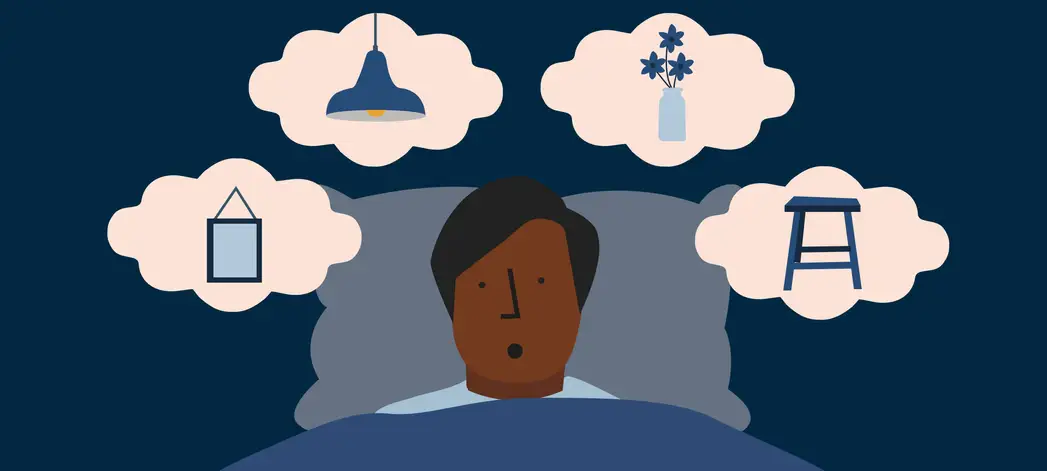
Distract yourself
Distraction is a powerful technique that you can use to quiet your mind and get a better night’s sleep. Simple distraction techniques include:
- Mouthing out a meaningless word (like ‘the’) over and over while in bed. Repeating something meaningless over and over in your mind can block out unwanted thoughts that might be keeping you awake.
- Picking a category (e.g. blue things) and thinking of all the things you can in that category. Switch category if you need to.
- Thinking about the good things that have happened during the past day. Even during this crisis, we can find positivity around us if we look for a positive thread.
- Accepting your thoughts as they are and not trying to fight them.
- Thinking of something that will steer you away from your worries, rather than something that will lead you back to them.
All of these techniques are forms of thought blocking and you can read more about how and why they work here.
Fact check – Sleep and immunity
You might have read one of several articles focusing on sleep and the immune system. Many of these stories suggest that poor sleep can increase your chances of being infected by the common cold.
It should be noted that COVID-19 is not the common cold and there is no scientific evidence, at present, that sleep by itself offers any additional protection from infection. You can read more about sleep and immunity here.
What to do if you’re feeling anxious
Anxiety is part of everyday life. It warns of potential danger and, as a result, anxiety can often be beneficial. However, repeated and persistent anxiety, either real or imagined, can become a problem in terms of maintaining good physical, mental, and emotional health.
Severe feelings of anxiety affect both our waking lives and our sleep. What’s worse is that poor sleep exacerbates feelings of anxiety. It’s a vicious cycle. You can read more about ways to manage anxiety here.
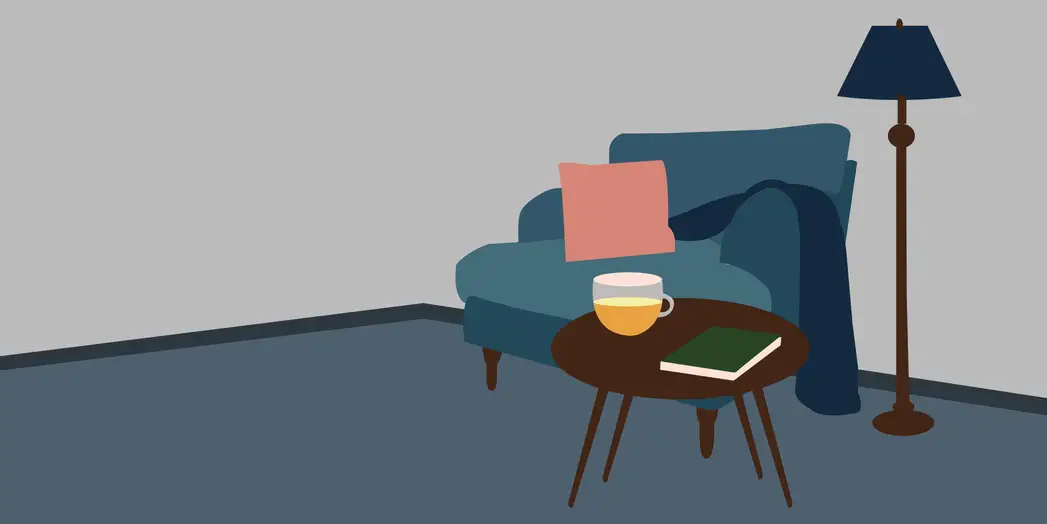
Wind down properly before bed
One of the most important things you can do is to establish a regular and relaxing bedtime routine. This will signal to the body that it is time for sleep and will allow you to put the stresses and worries of the day behind you.
You should spend at least 30 minutes winding down before bed. You can read more about wind-down techniques and the benefits of winding down here.
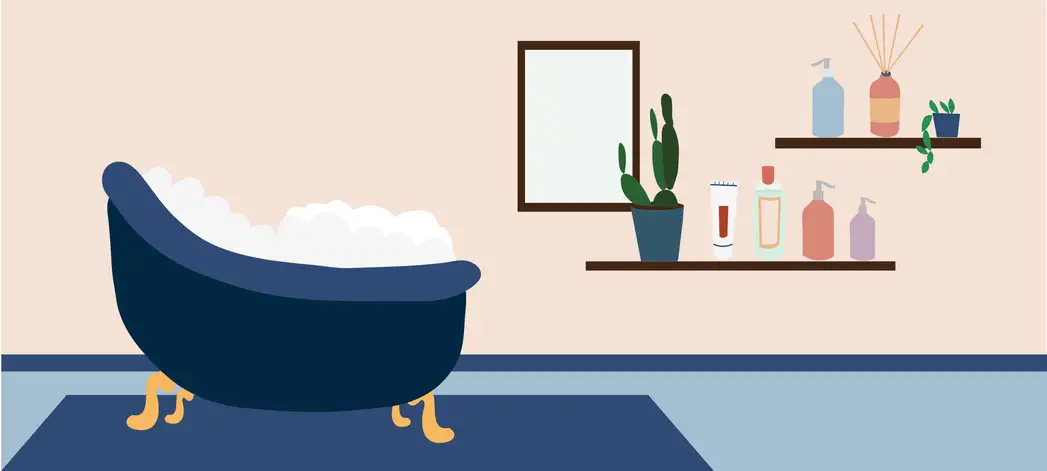
Sleep is triggered by a drop in body temperature
To get good sleep, you need to lose approximately one degree of body temperature3. We cool down naturally during the night and you can help you body cool down by:
- avoiding eating big, sugary, fatty meals before sleep
- having a warm shower before bed
- sleeping in a bedroom that gets the least exposure to sunlight
The bedroom
The bedroom should be a sanctuary reserved for sleep. The sleep environment needs to be pleasant and relaxing (get rid of the TV and computers, etc.). It should also be dark (either use heavy curtains or eyeshades) and it should be as quiet as possible. If this is difficult, then consider using earplugs which are comfortable to sleep in.
The bedroom should not be stuffy. Fresh air is good for sleep. It shouldn’t be too hot nor too cold. Many experts say that the ideal temperature for the bedroom is 16-18°C (60-65°F), although this is, again, a matter of personal preference.
However, it is not just the room temperature that is important for getting a good night’s sleep. The temperature in your direct sleeping environment, i.e. under the duvet, is equally important. This temperature should be close to your body temperature (approx. 29°C). During the night you naturally heat the bed just by being in it.
During the night the body needs to lose heat and this is achieved mainly through the head and face – the only bits that usually stick out from under the duvet. A cool bedroom facilitates this heat loss. However, if the room is too hot or you are too hot under the duvet, it is more difficult for the body to lose heat and this will cause disturbed sleep. The same is also true if you are too cold as this means the body has to work hard to maintain its optimal temperature.
Finally, the bed should be very comfortable and as big as you can fit into your bedroom.
- Go to bed to sleep.
- Avoid doing daytime activities in the bedroom.
- Save the bed for sleep and intimacy only.
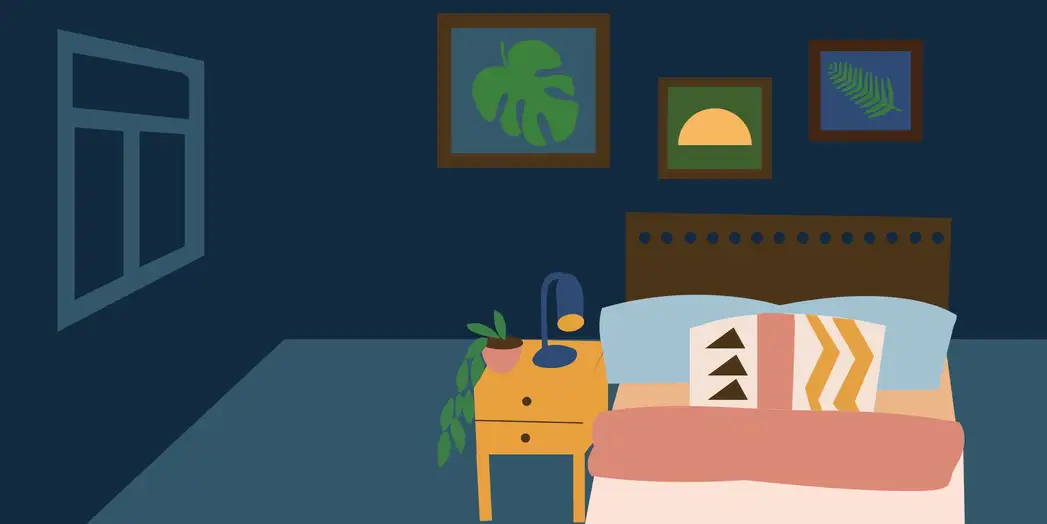
You can’t find sleep, so try not to chase it. You have to let sleep find you, and it will.
Further advice for shift workers
Shift work is notoriously disruptive to sleep. However, it is possible to be able to sleep regularly and consistently even if you’re a shift worker. The key is planning ahead. Fortunately, there are various techniques that can help you. Go here for more of our sleep advice for shift workers.
References
- Macdonald, H.M., 2013. Contributions of sunlight and diet to vitamin D status. Calcif. Tissue Int., 92(2), pp.163-176. ↩︎
- Martineau, A.R., Jolliffe, D.A., Hooper, R.L., Greenberg, L., Aloia, J.F., Bergman, P., Dubnov-Raz, G., Esposito, S., Ganmaa, D., Ginde, A.A. and Goodall, E.C., 2017. Vitamin D supplementation to prevent acute respiratory tract infections: systematic review and meta-analysis of individual participant data. BMJ, 356, p.i6583. ↩︎
- Barrett, J., Lack, L. and Morris, M., 1993. The sleep-evoked decrease of body temperature. Sleep, 16(2), pp.93-99. ↩︎

